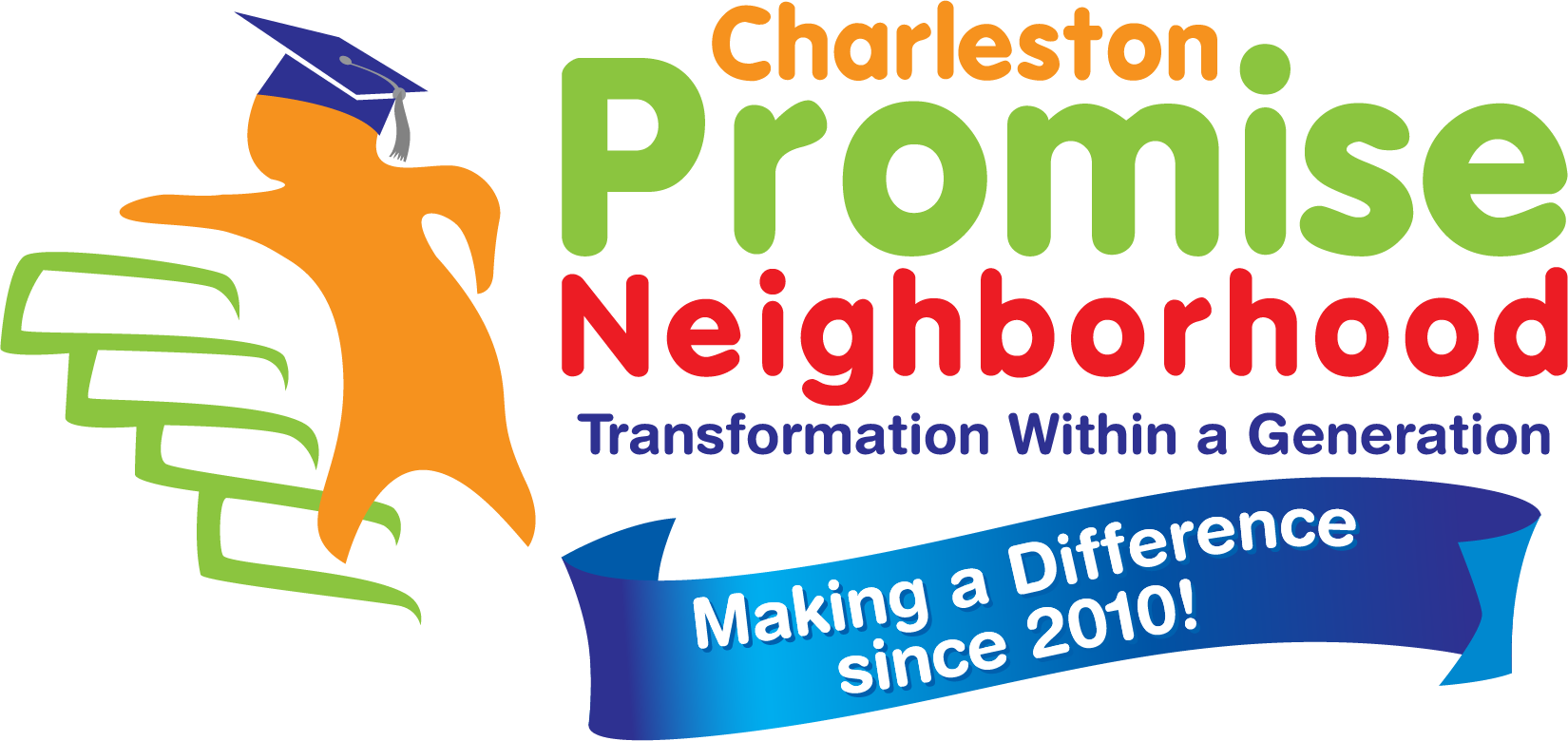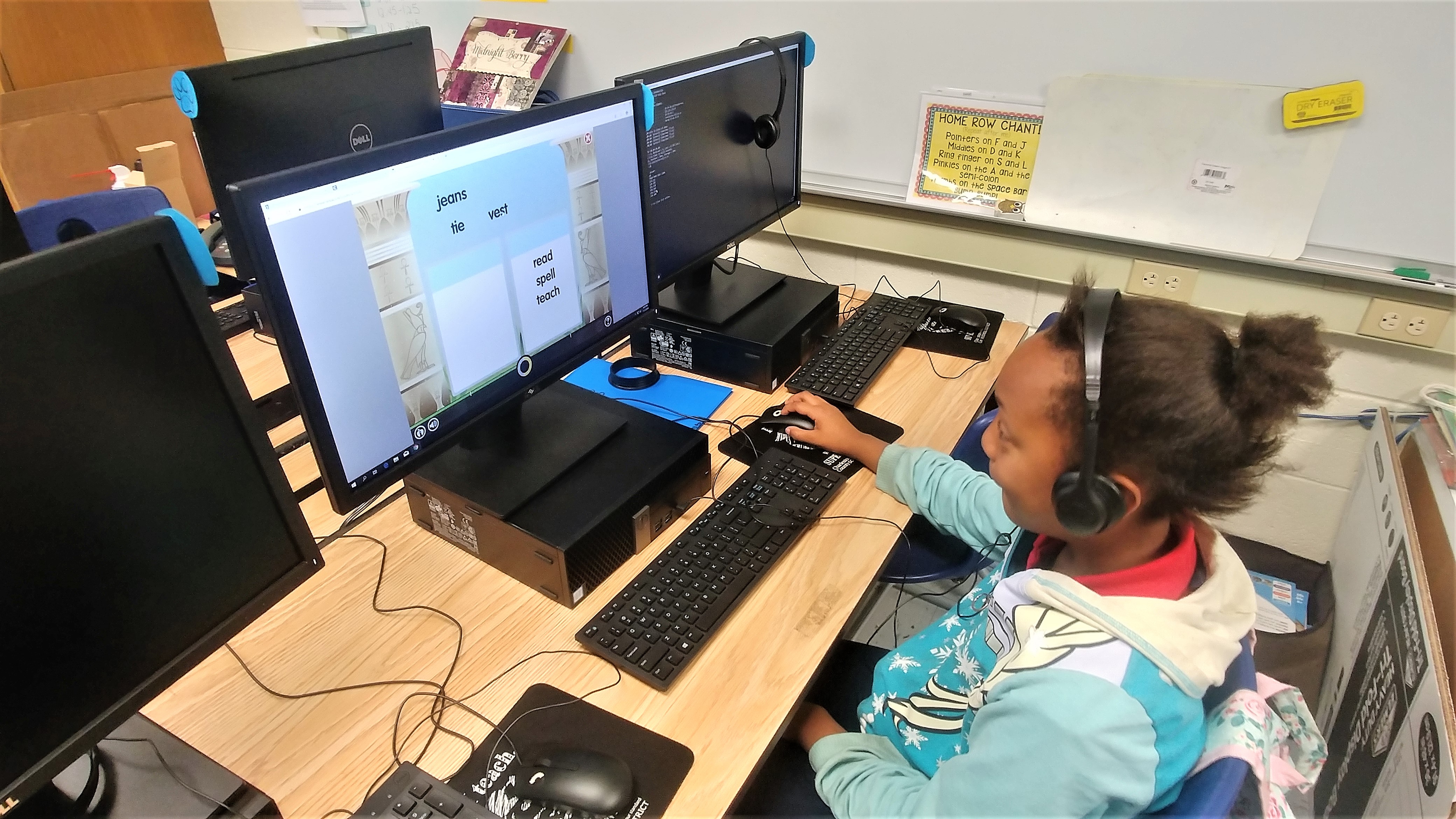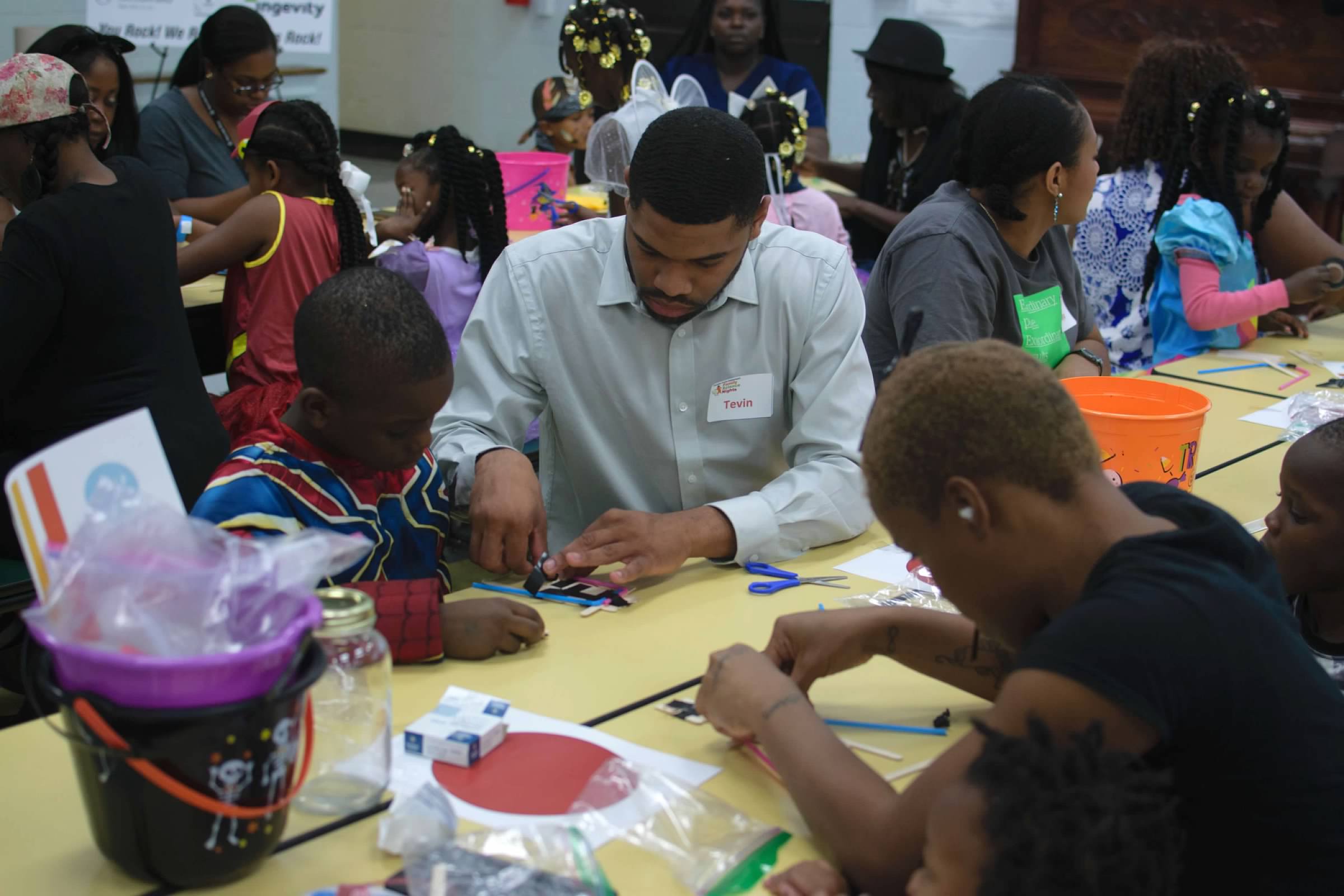 The “summer slide” has long been documented as a major threat to the academic achievement of children in high-poverty schools. They lose much of the gains they make during the school year and fall further behind their peers from higher-income homes.
The “summer slide” has long been documented as a major threat to the academic achievement of children in high-poverty schools. They lose much of the gains they make during the school year and fall further behind their peers from higher-income homes.
To combat the summer slide, Charleston Promise Neighborhood provides literacy enrichment to Mary Ford Elementary School and to Metanoia’s Freedom School at Chicora School of Communications.
In all, 106 children benefitted from the two programs.
Children participated in small group reading and mathematics using digital content during the mornings and project-based learning related to the morning’s academic block in the afternoon. Each room was staffed with a certified teacher, a teacher assistant, and a volunteer grandparent.
We’re writing a new chapter for the children in The Neighborhood.
This summer, 63 children participated in the Mary Ford program. All but two of the first-graders avoided summer slide. In all, roughly two-thirds of the students in the program held steady or gained in the MAP test scores.
At Chicora, the children did even better. Ninety-eight percent avoided the summer slide.
Many studies have validated the value of summer literacy programs. A study of 4,200 students found participation in the Virginia libraries’ 2013 Summer Reading Program prevented summer reading loss, and its benefits were maintained two years later. Students who participated in two consecutive summer reading programs fared even better.
In the Promise Neighborhood, we have our own proof.




